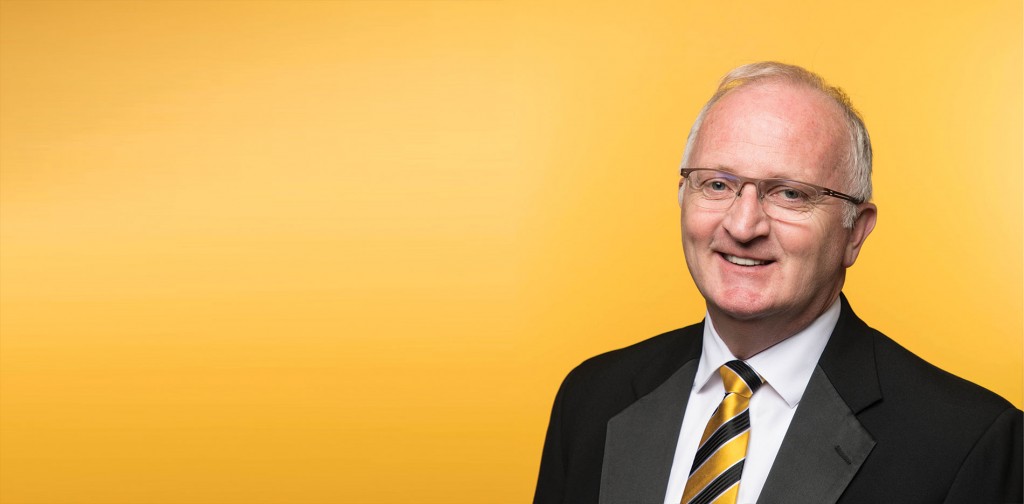Page 488 • (4,879 results in 0.135 seconds)
-
owners of a business. Life After College Working For Yourself Job Websites: UpwardlyGlobal Graduate School: Many graduate schools offer funding to help with the cost of graduate school. Some financial assistance comes in the form of research or teaching assistantships. Some programs also offer scholarships for incoming students. My (Un)Documented Life Publications: College Board – For Undocumented Students Tip Sheet for Undocumented Students My Undocumented Life Professional Organizations
-
. Shred Educational Policies Committee To study problems and to make recommendations relative to all areas of academic policy, including the regular semester, January term, summer school, graduate division, and continuing education programs. Official Copy: Provost Office Retention: 5 years. Transfer to University Archives Other Copies: Any member of the committee Retention: 3 years. Shred Faculty Affairs Committee To study problems, recommend policy, and facilitate appropriate action in matters
-

University. Belton also wants to build upon the institution’s strengths, such as expanding facilities for all of our programs. He says the facilities need to reflect the quality of the programs, to compete with others in the region. “We need state-of-the-art facilities,” he said, “ to match the quality of our teaching and the caliber of our students.” Belton says he plans to boost PLU’s profile in the region by engaging local leaders and talking more intentionally about the institution, including through
-
Science Center at Pacific Lutheran University. Belton also wants to build upon the institution’s strengths, such as expanding facilities for all of our programs. He says the facilities need to reflect the quality of the programs, to compete with others in the region. “We need state-of-the-art facilities,” he said, “ to match the quality of our teaching and the caliber of our students.” Belton says he plans to boost PLU’s profile in the region by engaging local leaders and talking more intentionally
-
episode, the podcast examines what teaching in the Lutheran tradition means from the perspective of PLU Lutheran Studies chair Marit Trelstad. “I grew up Lutheran and questions about meaning were always important to me,” said Trelstad. “I teach in the Christian theological tradition and Lutheran studies, but I have Muslim, Buddhist, Jewish, Christian students, secular students who are all in the classroom, and we use that same material to say, ’Here’s one way someone has approached it, what about you
-

potential to impact friendships/perceptions, etc. As a member of the straight community I was called to share my privilege and advocate for others. Christine Hiller-Claridge ‘07: I do not recall any significant challenges during my few years at PLU. I know we pushed the envelope by beginning Drag Shows, expanding programs that dealt with gender identity/expression and continuing brown bag discussions. With any club, attendance and membership are always areas to improve on. That was one of our goals: How
-

with the larger university community. I had made several attempts to do so but to no avail. I shared that desire with a faculty member in the Sociology Department, Dan Renfrow. Dan is no longer teaching at PLU, and I am sure has no idea the chain of events he put in motion by suggesting that I contact the Women’s Center about potential volunteer opportunities. I met with the Director at that time, Bobbi Hughes, and after asking me about my experience and my interest in the Center, she shared her
-

. “A lot of first-gens are just self sufficient in many ways when it matters,” Belton said. “You have to have some level of independence. Teaching yourself how to do things despite nobody showing you how.” Belton gained a lot of independence even before coming to college: he worked countless jobs in orchards, raised pigs, stocked shelves at a local grocery store, babysat neighbors. He even did his parents’ taxes from the time he was 13, since neither of them graduated high school. What advice do
-
University’s assets. (e) Concern for the welfare and development of the leaders, officers and staff of the University. (f) Concern for the welfare and development of the faculty, and an appreciation for their work of teaching, scholarship and leadership as central to the mission of the University. (g) Concern for the health, activities, living conditions, and general physical, educational, and spiritual welfare of the students. (h) Willingness and ability to attend and participate in regular meetings of
Do you have any feedback for us? If so, feel free to use our Feedback Form.


